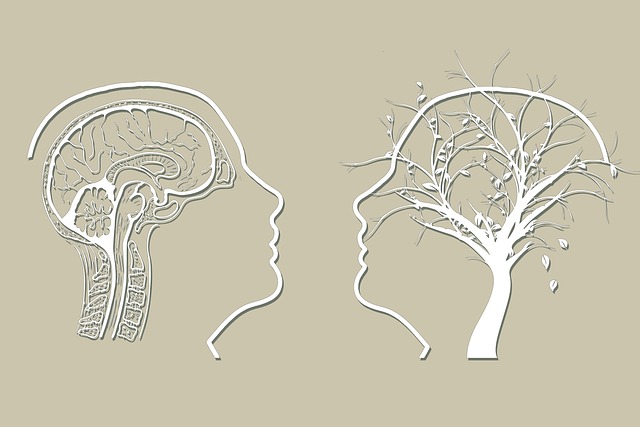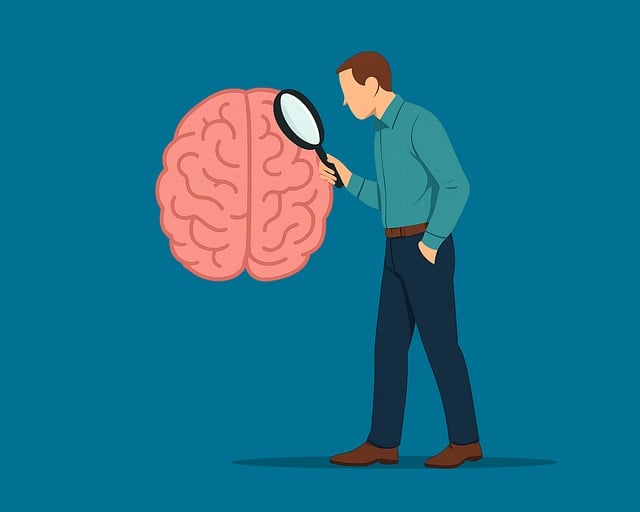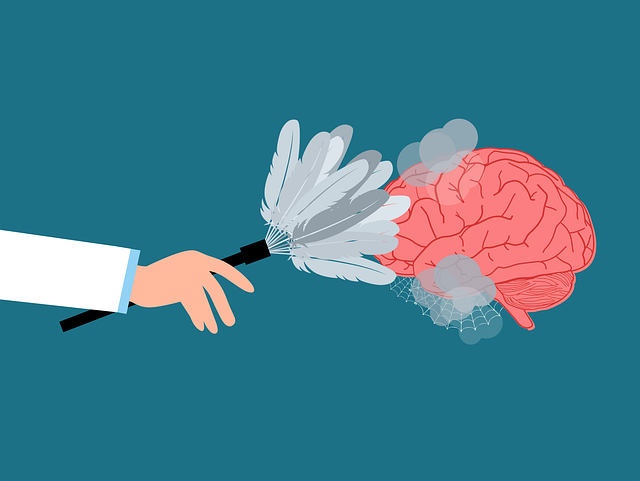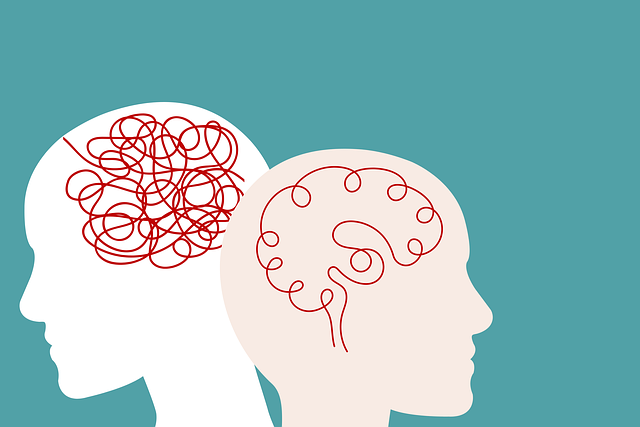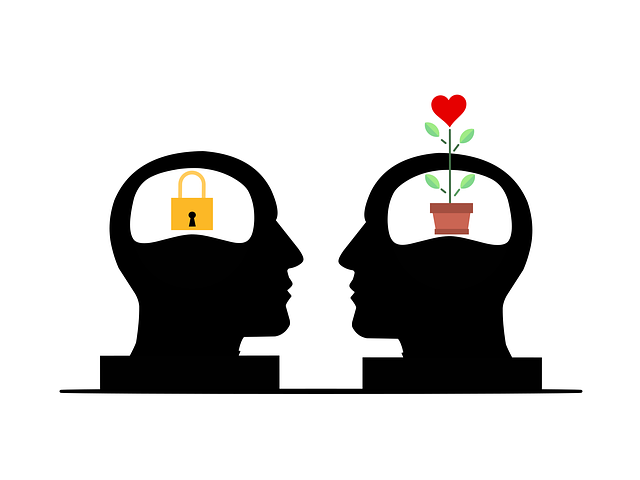Mental Health Crisis Hotlines provide vital support for adolescent teens experiencing emotional turmoil, offering immediate therapy, risk assessments, and tailored interventions from trained therapists. These services enhance teen mental health by fostering open communication, reducing stigma, and empowering help-seeking. For therapists, participating in hotlines refines crisis management skills and compassion cultivation techniques. Public awareness campaigns and innovative solutions like digital therapy platforms expand access to effective therapy for adolescent teens and support professionals.
In today’s fast-paced world, mental health crisis hotline support services act as a lifeline for teens grappling with emotional turmoil. This article delves into the critical role played by these hotlines, focusing on understanding their significance, the expertise required of therapists and clinicians, and strategies to enhance access to therapy for adolescent teens. We explore best practices and training essential for effective crisis intervention, highlighting the collective effort needed to support vulnerable youth. By examining these aspects, we aim to empower both professionals and advocates in providing timely, accessible therapy for adolescents.
- Understanding Mental Health Crisis Hotlines: A Lifeline for Teens and Therapists
- The Role of Therapists and Clinicians in Crisis Support Services
- Accessible Therapy for Adolescent Teens: Overcoming Barriers to Care
- Best Practices and Training for Effective Crisis Intervention
Understanding Mental Health Crisis Hotlines: A Lifeline for Teens and Therapists

Mental Health Crisis Hotlines serve as a lifeline for adolescent teens facing emotional distress, offering immediate support and guidance. These hotlines are staffed by trained professionals who can provide therapy for teens, conducting risk assessments to gauge severity and offer appropriate interventions. By providing a safe space for expression, these services foster open communication, enabling teens to seek help without stigma.
For therapists-clinicians, crisis hotline participation is invaluable in enhancing their practice. It offers an opportunity to refine skills in managing high-stress situations, incorporating compassion cultivation practices into their therapeutic arsenal. Public awareness campaigns development around mental health issues further empowers these hotlines, ensuring more teens and therapists have access to the necessary support and resources for effective therapy for adolescent teens.
The Role of Therapists and Clinicians in Crisis Support Services

When a mental health crisis strikes, therapists and clinicians play a pivotal role in providing immediate support and guidance to individuals in need. These professionals are equipped with the necessary training and expertise to handle such situations, offering a safe space for expression and a listening ear. Through active listening, they help individuals process their emotions, gain perspective, and make sense of overwhelming feelings or thoughts. Many crisis hotline services rely on therapists and clinicians to provide not just emotional support but also practical strategies to manage current distress and prevent future crises.
Specialized training in crisis intervention and suicide prevention is vital for therapists and clinicians who offer support via hotlines. This enables them to assess risk factors, identify warning signs, and implement evidence-based interventions tailored to the unique needs of adolescent teens. Furthermore, these professionals contribute to broader mental health initiatives by participating in risk management planning for mental health professionals, mental wellness coaching programs development, and mental health policy analysis and advocacy—all aimed at enhancing the accessibility and effectiveness of crisis support services.
Accessible Therapy for Adolescent Teens: Overcoming Barriers to Care

Adolescent teens often face unique challenges that can significantly impact their mental wellness. Accessible therapy services tailored specifically for this age group are crucial in overcoming barriers to care. Many teens struggle with issues like anxiety, depression, and self-esteem problems, which may be exacerbated by academic pressures, peer relationships, and the constant exposure to social media.
Therapy for adolescent teens must be engaging and confidential to foster trust and encourage open communication. Through innovative approaches such as digital therapy platforms and mental wellness podcast series, therapists-clinicians can reach a wider audience and offer much-needed support. Additionally, stress management workshops organized by specialized organizations can empower teens with coping strategies, promoting emotional healing processes and overall mental health awareness.
Best Practices and Training for Effective Crisis Intervention

Effective crisis intervention requires a structured approach that combines best practices and continuous training for therapists and clinicians. One key practice is inner strength development, encouraging individuals to tap into their inherent resilience as a foundation for coping with crises. This involves fostering self-awareness, emotional regulation, and positive self-talk, which are essential tools for navigating mental health challenges.
Therapy for adolescent teens should incorporate techniques that promote emotional regulation skills, enabling them to manage intense emotions during crisis situations. Regular training sessions focused on updated crisis intervention strategies, including de-escalation techniques and cognitive reframing, are crucial. Additionally, integrating knowledge from the mental wellness podcast series production can offer innovative ways to engage and support young individuals in need, enhancing the overall effectiveness of crisis hotline services.
Mental health crisis hotline support services play a vital role in addressing the urgent needs of adolescent teens and therapists alike. By providing accessible therapy and effective crisis intervention, these hotlines break down barriers to care, fostering a more supportive and resilient community. Understanding the unique contributions of both therapists and clinicians is essential to optimizing these services, ensuring that everyone involved receives the best possible support. Ultimately, investing in mental health crisis hotline infrastructure is an investment in the well-being and future of our adolescent population.
